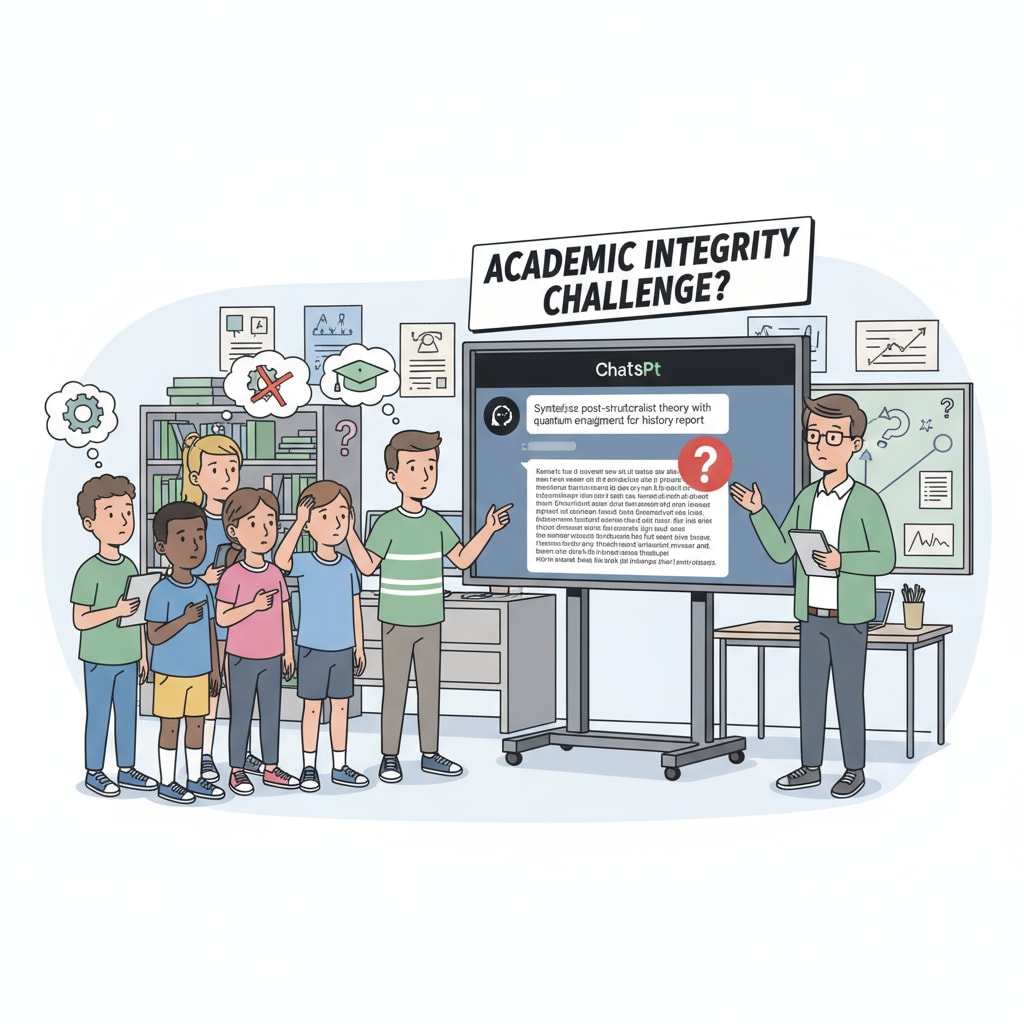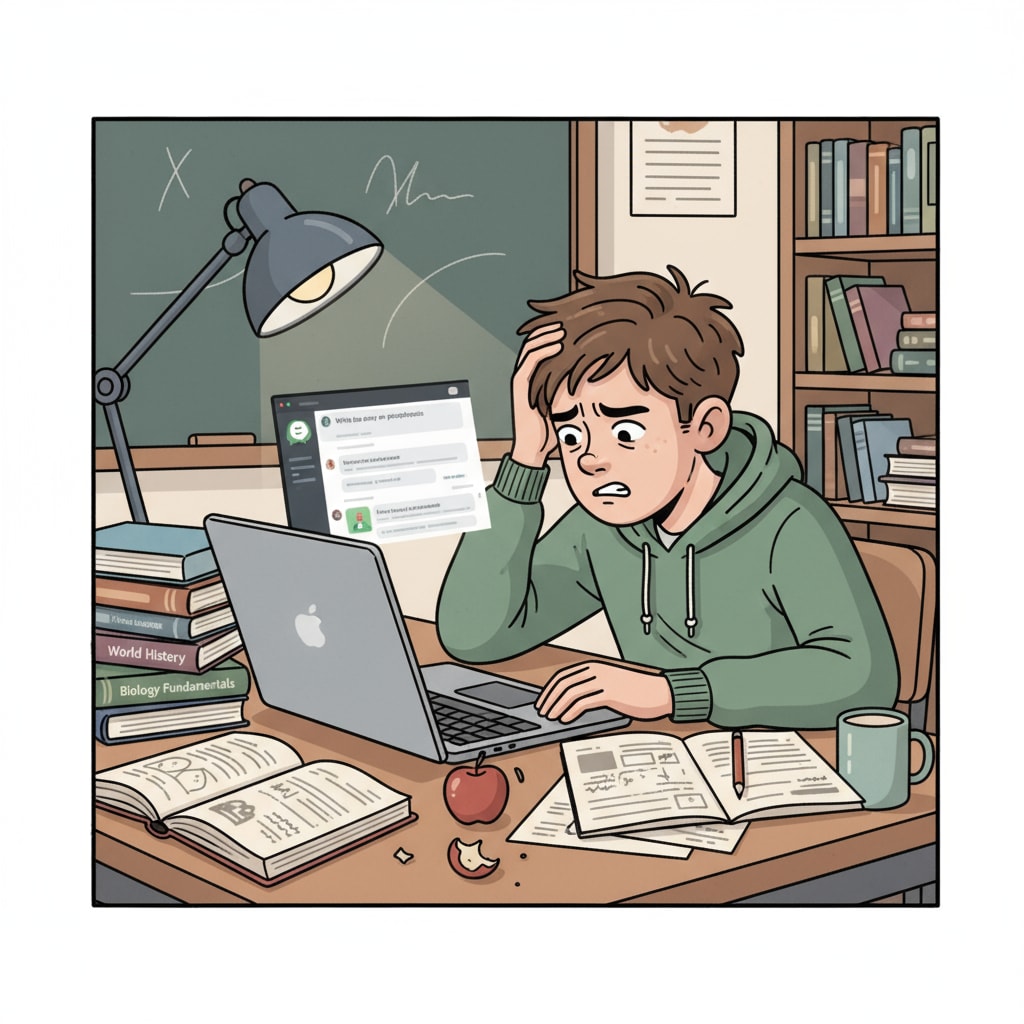The digital age has introduced a new set of challenges to the realm of education, particularly in the context of academic integrity, ChatGPT use, and moral dilemmas. With the widespread availability of AI tools such as ChatGPT in K12 education, students are grappling with uncharted ethical territory. As these tools become increasingly integrated into the learning process, it is essential to understand the implications they have on students’ moral compasses and academic honesty.

The Rise of AI in K12 Education
AI has made significant inroads into K12 education. Tools like ChatGPT can generate essays, answer questions, and provide study aids with remarkable speed and accuracy. For example, students can input a topic and receive a well – structured response within seconds. This convenience has made it an attractive option for many K12 students who are facing tight deadlines or struggling with complex subjects. However, this ease of use has also blurred the lines of what is considered academically honest. Artificial intelligence in education on Wikipedia
The Moral Dilemmas Faced by Students
Many K12 students find themselves in a moral bind when using ChatGPT for academic tasks. On one hand, they understand the importance of academic integrity and the value of doing their own work. They know that submitting AI – generated content as their own is a form of cheating. On the other hand, the pressure to succeed academically, combined with the allure of getting good grades easily, tempts them to use these tools. For instance, a student who is overwhelmed with multiple assignments may be more likely to use ChatGPT to complete an essay, but this act often leads to feelings of guilt. Ethical issues in educational technology on Education.com

The moral dilemma is further compounded by the lack of clear guidelines in many schools. Without proper instruction on how to use AI tools in an ethical manner, students may be unsure of what is acceptable and what is not. This lack of clarity can lead to unintentional violations of academic integrity.
The Impact on Academic Integrity
The use of ChatGPT in K12 academic work poses a significant threat to academic integrity. When students submit AI – generated work as their own, it undermines the educational system’s ability to accurately assess students’ knowledge and skills. Teachers rely on assignments and exams to gauge students’ understanding of the material, but AI – generated responses can give a false impression. Moreover, it is unfair to students who are putting in the effort to do their own work, as those who cheat with AI may gain an unjust advantage.
Readability guidance: By highlighting these key aspects in short paragraphs, we can clearly see the complex relationship between AI use, moral dilemmas, and academic integrity in K12 education. Each section presents a distinct aspect of this issue, and transition words like ‘however’ and ‘moreover’ help to connect these ideas smoothly.


